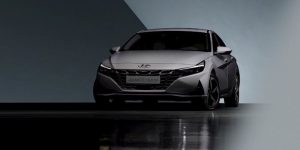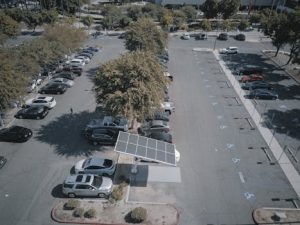Owning an Electric Vehicle: The Real Costs
In recent years, there has been a significant increase in the popularity of electric vehicles (EVs). With their sleek designs and promises of eco-friendliness, it’s easy to see why more and more people are considering making the switch. However, before deciding to invest in an EV, it’s important to understand the real costs involved. While they may seem like a cost-effective and environmentally friendly option on the surface, there are several factors to consider when it comes to owning an electric vehicle. In this article, we’ll delve into the true costs of owning an EV and help you make an informed decision.
The Initial Investment
The most obvious cost associated with owning an electric car is the initial investment. In general, EVs come with a higher price tag compared to their gasoline-powered counterparts. This is largely due to the advanced technology and batteries used in EVs. However, keep in mind that EVs also come with potential tax incentives and subsidies, which can help offset the upfront cost. In the long run, EVs also tend to have lower maintenance and operational costs, which can make up for the higher initial investment.
Charging and Infrastructure Costs
Another factor to consider is the cost of charging your EV. While public charging stations are becoming more prevalent, the infrastructure for EV charging is still not as developed as traditional gas stations. This means that you may have to install a charging station at your home, which can cost anywhere from $500 to $2,000. In addition, there may be additional electricity costs associated with charging your EV at home, depending on your location and electricity rates.
Battery Replacement
One of the biggest concerns for EV owners is the replacement cost of their battery. EV batteries have a limited lifespan and will eventually need to be replaced, which is an expensive process. While battery technology continues to improve and become more affordable, it’s still a significant expense to consider when owning an EV. Additionally, the exact cost of battery replacement will depend on the make and model of your EV, as well as the type and size of the battery.
Insurance and Maintenance
As with any vehicle, insurance and maintenance are ongoing costs that need to be factored in when owning an EV. While insurance rates may differ depending on the make and model of your EV, they tend to be slightly higher compared to traditional cars. This is primarily due to the higher cost of EVs and the limited availability of parts and repairs. It’s important to do your research and compare insurance rates before purchasing an EV.
When it comes to maintenance, one of the main advantages of EVs is that they have fewer moving parts than traditional cars, which means that they require less maintenance overall. However, EVs still need to be serviced regularly, and certain components such as brakes and tires will still need to be replaced. It’s recommended to follow the manufacturer’s guidelines for maintenance to ensure your EV runs smoothly and efficiently.
Long-Term Savings
While the initial costs of owning an EV may seem high, it’s important to consider the long-term savings. With lower operational and maintenance costs, EVs can save you money in the long run. In addition, with advancements in battery technology and government incentives, it’s becoming more affordable to own an EV. Plus, let’s not forget the environmental benefits of driving an electric car. Not only will you be reducing your carbon footprint, but many areas also offer EV owners perks such as free parking and toll discounts.
The Verdict
After considering all the costs associated with owning an EV, it’s clear that the decision ultimately comes down to your budget and lifestyle. If you’re looking to reduce your carbon footprint and have the financial means to invest in an EV, then it may be a worthwhile and cost-effective choice. However, if you’re on a tight budget and don’t have easy access to charging facilities, sticking with a traditional car may be the more practical option. Whatever you decide, be sure to weigh all the factors and do your research to make the best decision for yourself and the environment.










